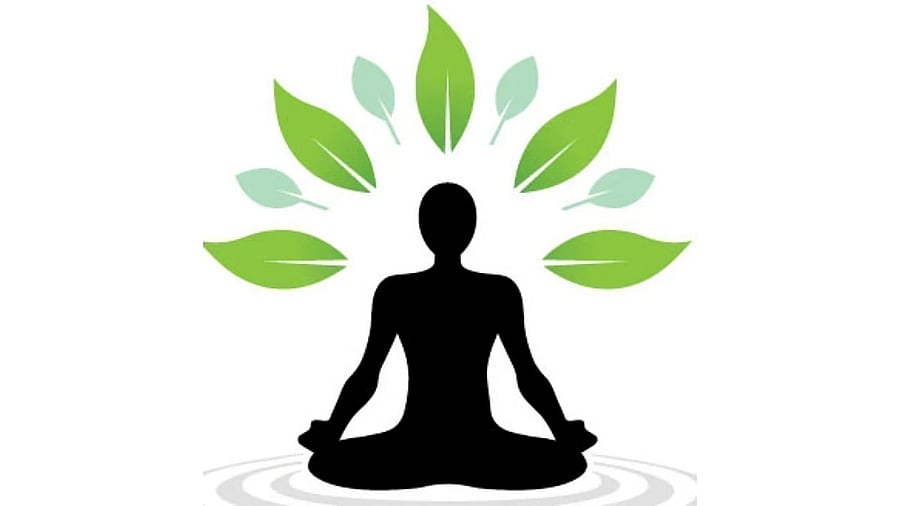
OASIS Logo
Human tendency is to slip into a comfort zone. There is a famous saying, ‘familiarity breeds contempt’, while another goes, ‘familiarity breeds comfort’. We get good sleep in our own bed, head against the same pillow, covered with the same blanket, even when they cry for a good wash.
The experience of palpitations as one heads to an unknown place is well known. The fear of the unknown takes over our senses as we carry items described above for better comfort. There are individuals who find it difficult to sleep when in unfamiliar environments without their usual comforts.
What does it take to let go of the known comforts? The known is known to cause attachment to the extent that it becomes overbearing. We realise we are attached to inanimate things like our car, home, a favourite sweet, or farmhouse. A question can then arise in one’s mind about how one should view the attachment towards one’s family and a pet animal.
Vedanta asks us to analyse our own day-to-day experience wherein when we go to sleep, we become detached from everything, including our own body. The proof point is that any physical pain is not felt as a ‘suffering’ in our deep sleep. Our own ‘always attached’ mobile phone lies next to the bed without us even being aware of its existence during our sleep.
Eventually at the end of this mortal journey we must let go of everything. The thought that this journey’s end can be at any moment should be our mindset. A series of this single thought will be an affirmation to let go of the known comforts and to seek the unknown.
Shastras tell us that the so-called unknown is our own True Self, unfortunately covered by our own mental ignorance. It is the most obvious when these layers of ignorance are removed through inquiry, at which point the ‘most unknown’ becomes the ‘most known’. It is our own consciousness that we must yearn to know by investing sufficient time and effort.
The “Unknown” realised as “Known” is indeed the eternal truth, which has stood the test of time. We need to embrace it with open arms, knowing which, the Mundaka Upanishad says, we do not have to know anything else to make it known in this ephemeral world!